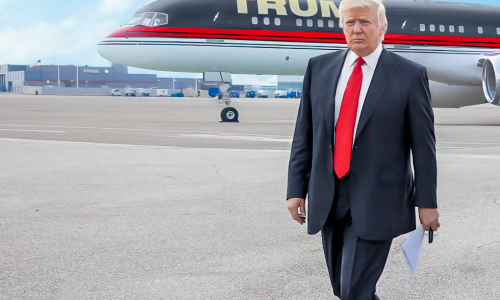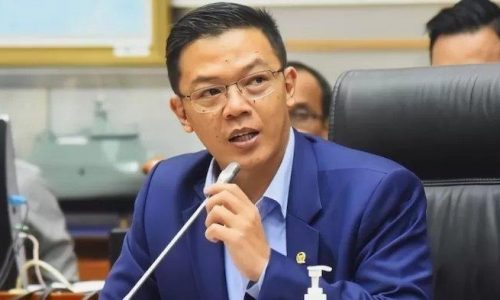During Indonesia’s G20 presidency in 2022, the issue on energy transition becomes an essential topic. The government is very serious to accomplish net-zero emissions (NZE) by the year 2060, among other objectives, through bilateral cooperation to accelerate energy transition by intensifying efforts in mitigating and reducing emissions.
Indonesia plans to initiate the first Net Zero Emissions soon and the project will be supported by the Australian-funded Clean Energy Transition Program of the International Energy Agency (IEA). The IEA estimates that Indonesia’s transition to NZE will result in an additional net investment of US$2 billion per year until 2030 and can create more than 900,000 jobs.
Coordinating Economic Minister Airlangga Hartarto said in a meeting with Australian Prime Minister Anthony Albanese on June 6, 2022, that both countries have a long and cooperative relationship. The relationship is expected to benefit the two neighboring countries, including in the energy sector.
“We appreciate your decision to strengthen further the Indonesia-Australia partnership in climate change, which has been announced today. We must move forward by opening billions of dollars of investment in clean energy,” Hartarto said in a press statement on June 9, 2022.
“It is vital that projects with global and regional impact become part of Indonesia’s efforts to attain net-zero emissions. We welcome the completion of Australian green hydrogen project in Indonesia this year. Smart solutions led by industry should encourage joint efforts to achieve strong supply chains,” he added.
Australia is considering to contribute to the new Asian Development Bank (ADB)’s Energy Transition Mechanism, among other things, by speeding up the Carbon Capture, Utilization and Storage pilot project and utilizing ammonia in coal-fired power plants.
In Hartarto’s view, both countries can become partners in developing environmentally friendly jobs for people’s empowerment so that both countries can take advantage of opportunities within the new energy economy. However, reducing the use of fossil fuel cannot be achieved without ensuring alternative solutions and empowering people.
“In this instance, Australia can be a partner for developing skills, scholarships, training, exchanges, access visas, and mutual skill recognition. We welcome the establishment of Monash University in Indonesia and look forward to more collaborations among Australian universities here,” said Hartarto.
Advanced manufacturing sectors can serve as a critical driver of economic cooperation between Indonesia and Australia in the Indonesia-Australia Comprehensive Economic Partnership Agreement (IA-CEPA). Both countries are looking forward to future collaboration in the automotive sector.
“Prime Minister Albanese, we appreciate your support to help mobilize and increase investments in clean energy, which will promote productivity, innovation, jobs and economic growth,” said Hartarto.








